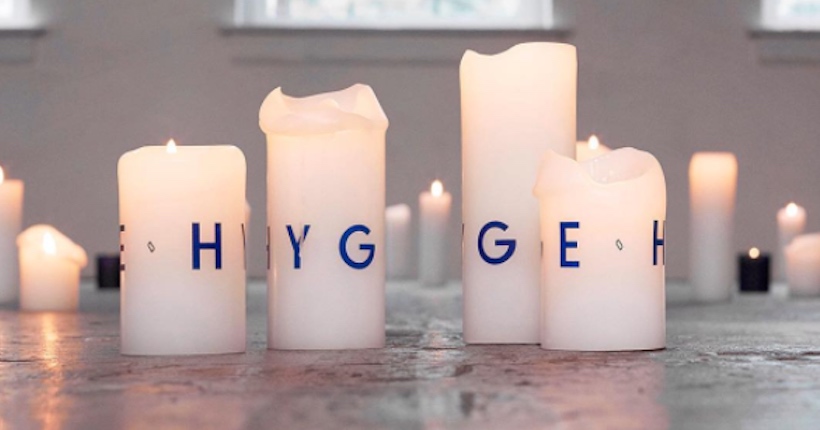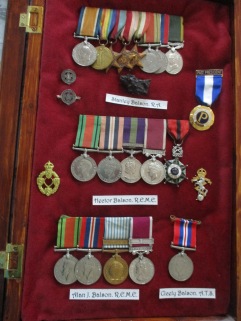This week’s blog comes from Jane Brightman (Kellas), Project Manager SLQA at Skills for Care.
Over the festive period I indulged in watching a few episodes of Paul Hollywood’s City Bakes (and a few too many chocolates, but that is a matter for a different post). In one episode he was in Denmark and talked a lot about ‘hygge’. I have heard this word before so it peaked my interest to look further into what it means…and maybe learn how to pronounce it properly.
It is said that the Dane’s created hygge because they were trying to survive boredom, cold and the dark. However, apparently hygge didn’t originate in the Danish language but in Norwegian, where it meant something like ‘well-being’. It first appeared in Danish writing around the end of the 18th Century and the Danes have embraced it ever since. One good thing about hygge is that you can apply it anywhere and Danes allocate it generously to everything commonplace.
It has become a bit of a craze over here now with the word joining ‘Brexit’ and ‘Trumpism’ as some of Collins English Dictionary words of the year 2016. With at least nine books about hygge published last year, it seems we Brits are embracing it whole-heartedly.
So, what actually is hygge and how on earth do we pronounce it? ‘Hue-gah’ or ‘hoo-gah’ are the suggested phonetic pronunciations. I have been practicing but am definitely not doing it justice. The word essentially describes a feeling or mood that comes from taking genuine pleasure in making ordinary, everyday moments more meaningful, beautiful or special. Whether it’s brewing tea in china cups, having a cosy evening in with friends, the simple act of lighting a candle with every meal or putting fresh flowers on your table. Hygge is being aware of a good moment whether it’s simple or special. The Danes use hygge to help them see both the domestic and personal life as an art form and not every drudgery to get away from. They say it is about being present enough to recognise and acknowledge an act, moment or feeling when the ordinary feels extraordinary.
While there’s no one English word to describe hygge, several can be used to describe the idea of hygge such as cosiness, charm, happiness, contentedness, comfort, reassurance, kinship, and simplicity.
So now to the subject of my article, how can we apply this to our social care delivery? I think you can see where I am going with this. As the deliverers of care we need to support the people we care for to express and find their own hygge, but how?
In researching I have discovered that a lot of people express the things that bring them this feeling through boards on Pinterest (if you are a Pinner go and have a look). Actually people are doing it without realising that it is hygge. They are expressing the things that make them happy, contented, comfortable – that give them a sense of well-being. My own sparse Pinterest account is mostly chocolate, coffee, dogs and garden based; my hygge. If I needed care tomorrow and couldn’t easily express my hygge, someone could easily see it from my Pinterest boards. I’m not suggesting that we set up Pinterest boards for everyone we support…or am I? Well actually, why not? If it is too technical why not create a physical board using cut out images and photos. Family members and friends could help too.
When I spend time with care leaders I all too often hear about frustrations of staff not reading or understanding care plans. Nine times out of ten that is because they are difficult to read and understand but again, the subject for a different post. I think that care staff would instantly get an understanding of a person from their Pinterest boards (or hygge board). Care information can be complex and confusing. The use of visuals can help break through barriers of literacy, intelligence, and culture to provide information that everyone can understand in a single glance. Research indicates that people process visuals 60,000 times quicker than text. Images allow you to literally show care staff the information in a format they can easily understand.
Of course, once we know this information and have communicated it to care staff, we need to act on bringing it to life for the people we support. Maybe something a Key Worker could do? Or maybe you could introduce the idea to your teams by asking them to create their own hygge board first?





